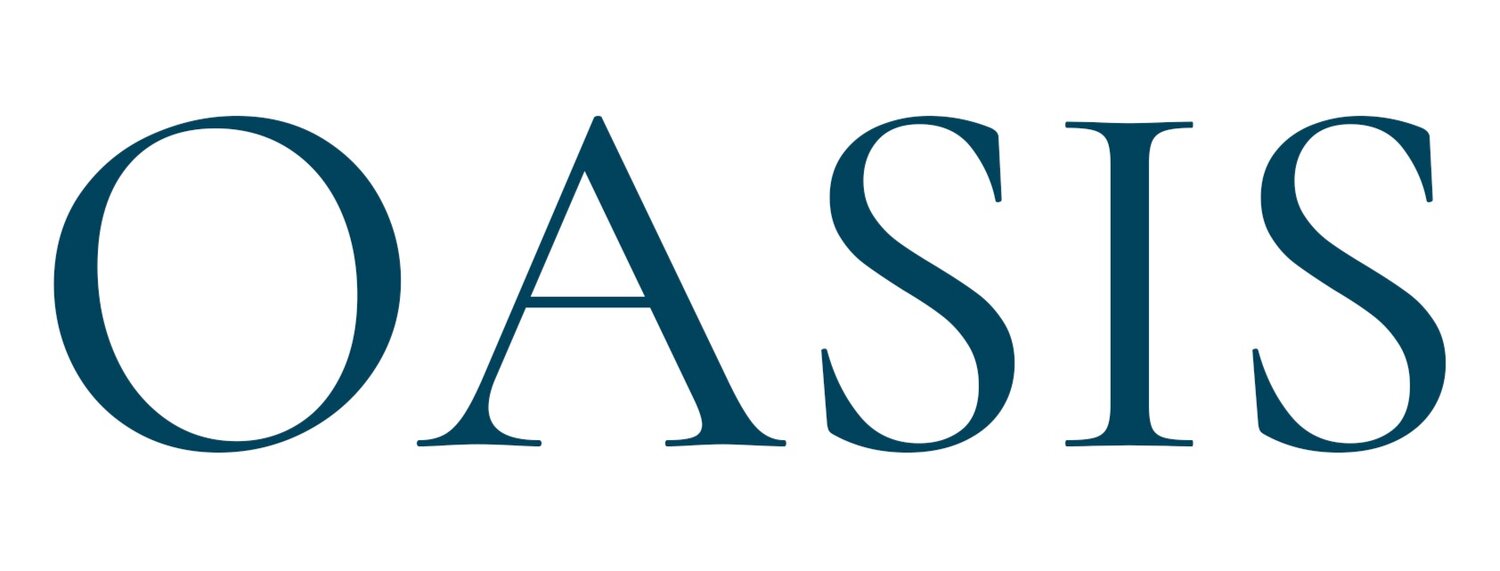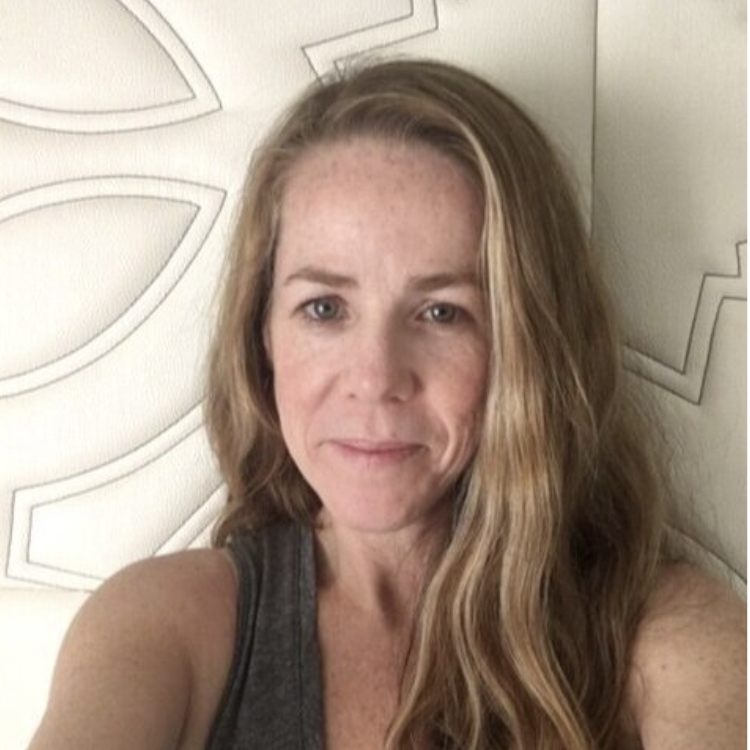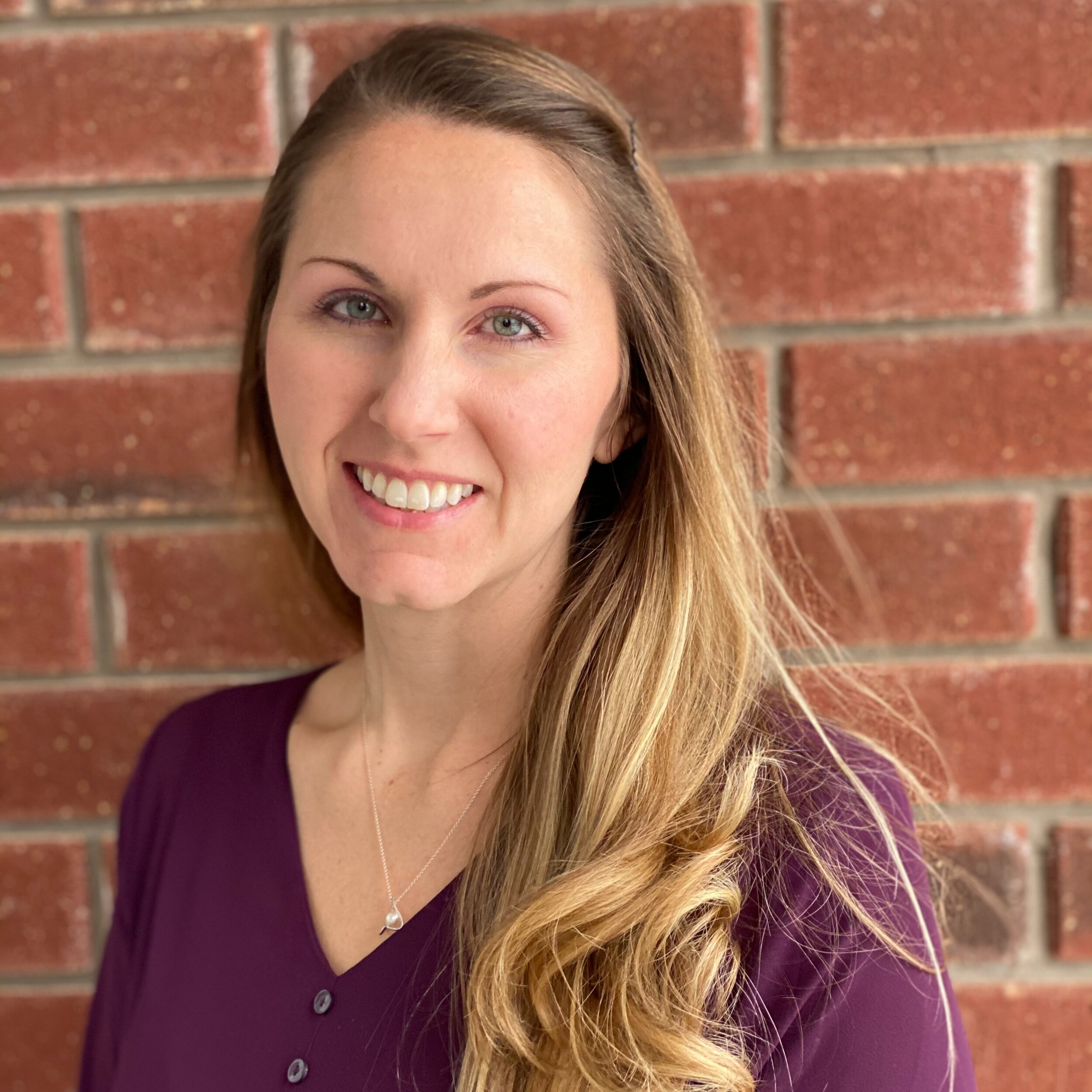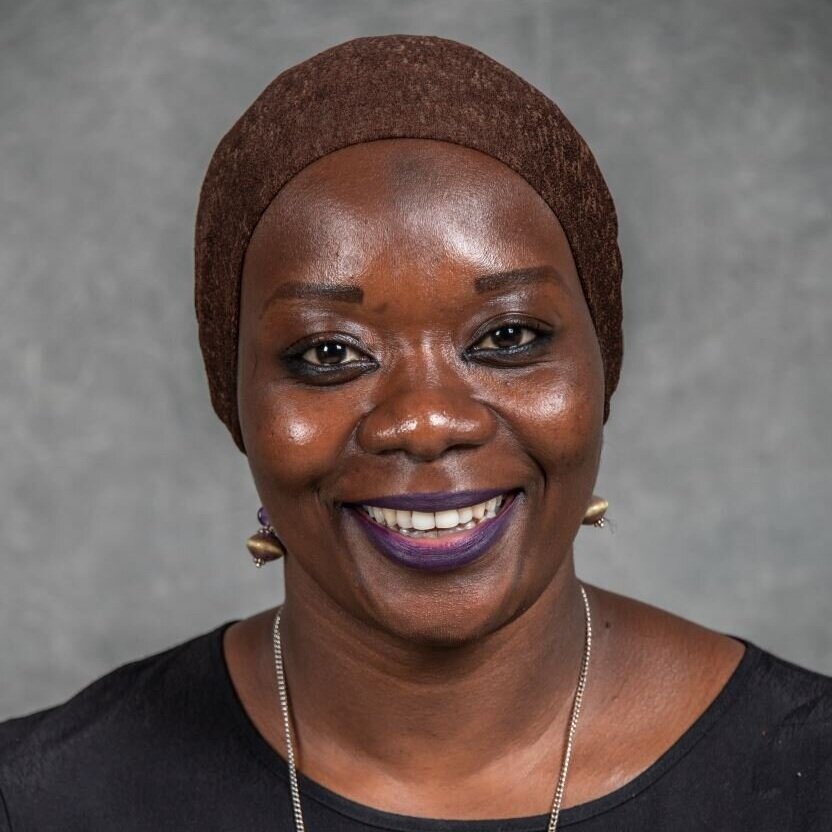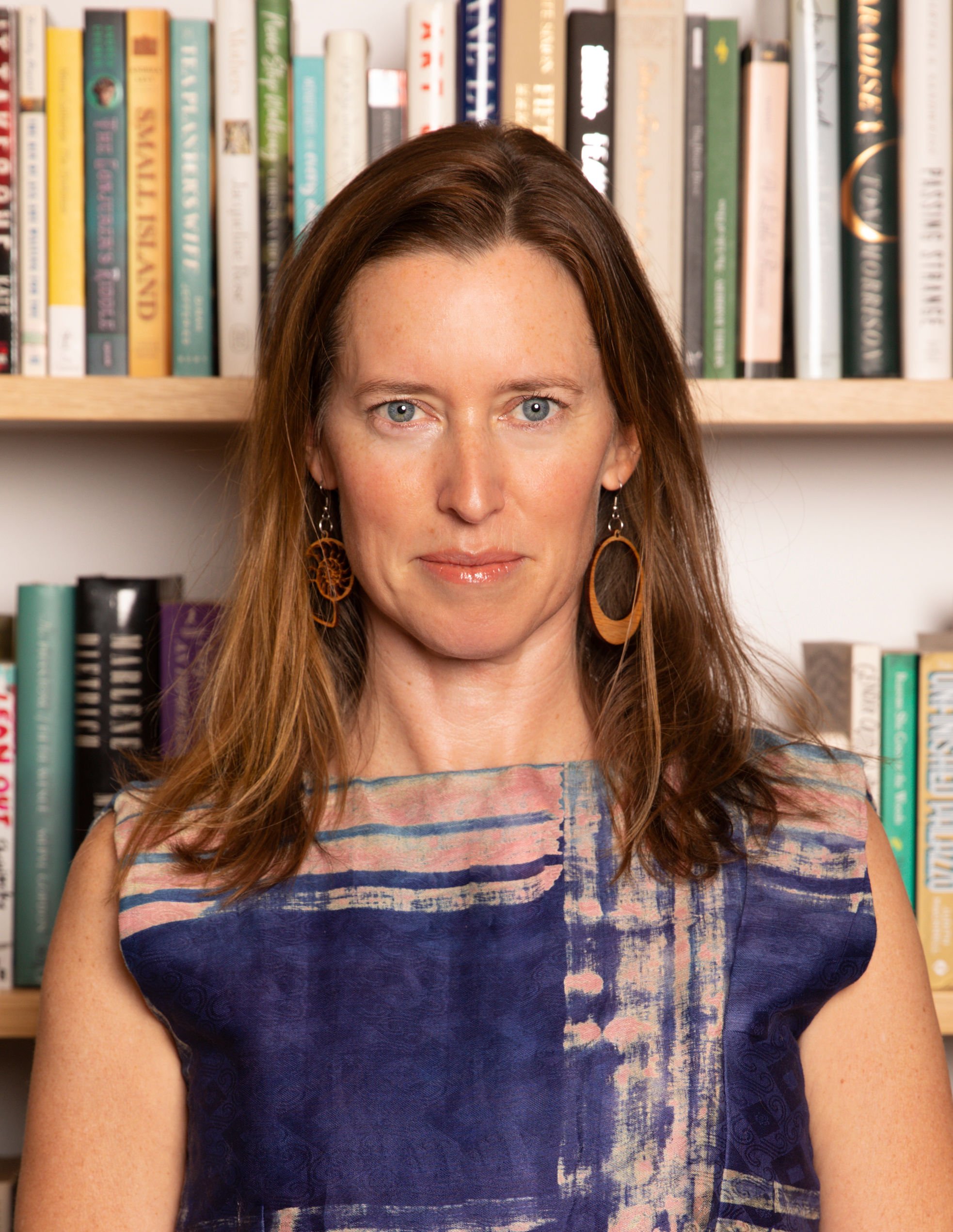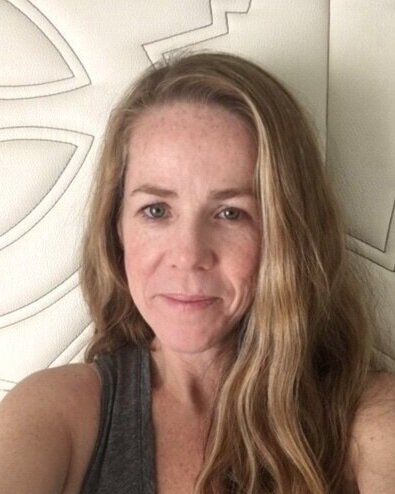Our Team
Core Staff
Affiliated Researchers & Consultants
Our Board
Financials and Board meetings notes available upon request by contacting info@oasissahel.org
Interns
Bios
Core Staff
Natalie Williams
Natalie Williams is Acting Executive Director of OASIS. Natalie is a public health professional with over seventeen years of senior management experience in international health policy and program development in Africa, Asia and Latin America. Before joining OASIS, she worked for a variety of international agencies and was responsible for managing complex maternal health and Indigenous mental health programs, including access to high-impact maternal health interventions, strengthening health systems for family planning and reproductive health services and behavioral change for Indigenous suicide prevention. Natalie is a return Peace Corps Volunteer and Masters International Scholar dedicated to connecting underserved populations to resources that can improve their quality of life. She received her MPH from George Washington University with a concentration in Global Health Promotion.
Alisha Graves
Alisha Graves is Executive Director of OASIS and a Founder of the OASIS Initiative at University of California, Berkeley. Alisha lectures internationally on population and food security in the Sahel. She is a research fellow for Project Drawdown, analyzing the potential contribution of family planning for reducing greenhouse gas emissions. Previously, she worked to improve women's access to misoprostol, a generic, essential medicine. In this role, she worked on drug registration, operations research, and advocating for evidence-based maternal health policies across seven countries in Sub-Saharan Africa and Southeast Asia. She completed her MPH in International Maternal and Child Health at UC Berkeley in 2006.
Big issues deserve bold responses: Population and climate change in the Sahel
Misoprostol for safe motherhood: one tablet, two life-saving indications
Avoidable maternal deaths: Three ways to help now
Daniel Perlman
Daniel Perlman, Ph.D, is a research medical anthropologist at UC Berkeley with more than twenty years’ experience implementing and evaluating community-based health and education programs in Asia, Africa, and Latin America. He leads OASIS’ girls education and empowerment programming. Perlman co-founded the Population and Reproductive Health Initiative in partnership with Ahmadu Bello University and then the Centre for Girls education in Zaria, Nigeria. He served as the Centre's first director until 2016 and as the PI on the Centre’s research and evaluation grants from the MacArthur Foundation, Intel Foundation, UNFPA, Ford Foundation, and the Packard Foundation.
Ethnographic Research and Gender Assessment of Matasa Matan Arewa (MMA)
Understanding and Ending Child Marriage: Insights from Hausa Communities
Paige Passano
Paige Passano is the Co-lead of Research and Training at OASIS who is also affiliated with the Bixby Center for Population, Health & Sustainability at the University of California Berkeley. From 2015 to 2020, she served as Director of the Sahel Leadership Program and is a founding member of Les Elles du Sahel, a women-led group advocating for greater prioritization and funding for girls and women in the Sahel. She has over 20 years of experience in global health, with a focus on girls’ education, capacity strengthening, and leadership development. Her current areas of focus are program design, strategy and development, partnership building, and global health advocacy.
New hope: community-based misoprostol use to prevent postpartum haemorrhage
Riley Taylor
Riley Taylor is the Development & Program Associate. Most recently, she worked as a community health worker on Salt Lake County Health Department’s COVID-19 response team. In her previous roles, Riley has been a champion for new moms and adolescent girls working in reproductive and family health projects. As a Health Educator at Utah Valley Refugees, she started several initiatives, including an inaugural community garden program. Riley holds a BS in Public Health from Brigham Young University-Idaho.
Sarah Jones
Sarah Jones is a Reproductive Health Medicines Specialist and works on our Medication Abortion program. Sarah holds a Masters in International Relations. Previously, Sarah was a Senior Program Manager at Venture Strategies Innovations, a US-based organization that pioneered the introduction of misoprostol for multiple obstetric indications in over 20 countries. In this role, she helped to facilitate registration of misoprostol in Niger, Burkina Faso and Burundi and a mife/miso product in Burundi and inclusion of those medicines in the national essential medicines list. She has co-authored and published training materials on the use of misoprostol for various indications including mifepristone and misoprostol for medical abortion.
Lou Compernolle
Lou Compernolle is a Sexual and Reproductive Health and Rights expert. She enthusiastically believes in the power of effective networks and youth leadership to address the complex challenges the world faces today. From the start of her career two decades ago, she has contributed to, initiated, and managed dozens of networks and partnerships to advance and defend the right of all women and girls to make autonomous decisions about their own bodies, sexuality, and lives. Lou has worked as a technical officer for the World Health Organization, the Reproductive Health Supplies Coalition, and PAI. She has taught at the Dutch Tropical Institute and worked as a consultant for a wide range of governmental, non-governmental, and multilateral organizations. Lou holds an MA in Sinology from Leiden University (NL) and an MSc in health policy and population from the London School of Economics (UK).
Policy brief: Optimizing the World Health Organization COVID-19 Interim Guidance 2020
Sarah Jane Holcombe
Dr. Sarah Jane Holcombe manages a research initiative with the Population & Health Research Institute in DRC and the Institut Africain de Santé Publique in Burkina Faso to model and develop recommendations for accelerating demographic transitions in seven countries in the Sahel and francophone West Africa. She also lends her monitoring and evaluation expertise to the girls’ safe spaces initiatives supported by OASIS. Previously, she served as the Senior Learning Advisor with The Challenge Initiative at the Gates Institute, Johns Hopkins School of Public Health. She brings experience from her leadership of family planning and reproductive health grantmaking in Ethiopia, Mexico, and Sudan with the Packard Foundation, and from her launch of the Bergstrom Foundation’s East Africa grant-making program. She managed the Ellertson Postdoctoral Fellowship in Abortion and Reproductive Health. At the U.S. D.H.H.S., she analyzed financing strategies and developed quality measures for low-income populations. She received her Ph.D. in Health Services & Policy Analysis from the University of California, Berkeley. Her doctoral dissertation explored Ethiopia’s 2005 reform of its Penal Code with respect to abortion: examining agenda-setting, obstetrician-gynecologists’ roles, and midwives’ attitudes. Current research interests include medical professionals’ roles in policy reform, and scale-up of reproductive health services in LMICs.
Edwige Ninon Sankara
Edwige Ninon Sankara is a specialist in gender issues and women's rights. Passionate about her work, she is currently the co-chair of the Elles du Sahel network and is a reknown advocate in Burkina Faso and the Sahel for sexual and reproductive health rights, girls' education and the fight against gender-based violence. She holds a Master's degree in Law from the University of Nantes (France) and a Master's degree in Law from the University of Ouagadougou (Burkina Faso). From March to September 2022, she was a member of the Burkina Faso Assembly, more specifically President of the of the Gender, Health, Social Action and Humanitarian Commission, and led the process of the law on Pupilles de la Nation. For over a decade she worked at the Gender Ministry, where she was the Head of the Women and Gender Program and General Director for the Protection of Women's Rights. She has represented Burkina Faso on several high level international fora focused on gender equality, the elimination of all forms of violence against women, and on the elimination of all forms of discrimination against women in Geneva, the African Union and at sessions of the Commission on the Status of Women in New York. Edwige is also on the Board of Directors of the Fonds d'assistance Judiciare and the Fonds d'Appui aux Activités Rémunératrices des Femmes. Edwige is distinguished by the State as a Knight of the Order of the Stallion. Edwige was national coordinator of the G5 Sahel women's platform in Burkina Faso.
Affiliated Researchers & Consultants
Morgan DeLuce
Morgan DeLuce is the Program & Development Advisor. She brings experience in operations, donor cultivation, and partnership building. She previously worked with Mama Hope in rural Kenya to fund human resource development and create monitoring tools to better understand partners’ impact on the education and economy of the community. While in San Francisco, she worked in operations and partnership building for a small crowdfunding nonprofit. She is passionate about gender equity and community centered development. Morgan received a BA in Sociology from Boston College with a concentration in management and leadership.
Abdoul Moumouni Nouhou
Abdoul Moumouni Nouhou is a demographer-statistician, Director of L’Initiative OASIS Niger and Affiliated Researcher with OASIS. After working at the National Institute of Statistics in Niger, he joined the World Food Program where for four years he conducted monitoring and evaluation of health / nutrition, rural development and school feeding programs. Nouhou is actively involved in innovative work on demographic issues in West Africa. His PhD research focuses on the links between empowerment of women and fertility projections, including the use of contraception. Mr. Nouhou firmly believes in the potential of women to contribute to the welfare of families and the need for African countries to unlock this potential to accelerate their economic and social development.
Amy Grossman
Amy Grossman is a Reproductive Health Medicines Specialist and works on our Medication Abortion program. Amy is a registered nurse and holds a Masters in Public Health with a specialty in maternal and child health and international health from the University of California, Berkeley. Amy held a variety of roles from monitoring and evaluation, communications and technical advising during her seven-year tenure at Venture Strategies Innovations, a US-based organization that pioneered the introduction of misoprostol for multiple obstetric indications in over 20 countries. She has co-authored and published training materials on the use of misoprostol for various indications and the community-level use of misoprostol for postpartum hemorrhage treatment and prevention in peer-reviewed journals.
Misoprostol for safe motherhood: one tablet, two life-saving indications
Ndola Prata
Ndola Prata is a public health physician and medical demographer from Angola. She earned her medical degree from the University of Angola and an MSc in medical demography from the London School of Hygiene and Tropical Medicine. She began her career practicing medicine in Angola for 10 years and served as Head of the Social Statistics Department at the National Institute of Statistics of Angola. Shortly after moving to the US, while beginning her tenure as a researcher and lecturer at UC Berkeley, she served as a Demographer/Analyst for CDC’s Division of Reproductive Health for six years, a role she resumed briefly from 2010 to 2011. Prata’s current research is based in sub-Saharan Africa, she is especially interested in family planning, abortion, reproductive health, women’s health and empowerment and maternal mortality.
Preventing Postpartum Hemorrhage at the Community Level: A Compendium of Operations Research
A new hope for women: medical abortion in a low-resource setting in Ethiopia
Brooke Escobar
Brooke Escobar is a development finance researcher with expertise in aid analysis on traditional and non-traditional donor flows. She is working with OASIS to better understand development finance flows to the Sahel region and their role in better empowering women through family planning and education services. Brooke currently serves as a Senior Program and Technology Manager at AidData, a research development lab based at the College of William & Mary. She leads AidData’s Transparent Development Finance data collection team. Brooke holds an MA in Public Affairs from the University of Texas in Austin and a BA in Political Science from Brigham Young University.
Sahai Burrowes, PhD, MALD
Sahai Burrowes is an Associate Professor of Public Health and Chair of the Global Health concentration at Touro University California. Dr. Burrowes is a health systems researcher with a regional focus on eastern and southern Africa, and her research focuses on policies to scale up and improve the quality of stigmatized reproductive health care services such as safe abortion care and cervical cancer screening and treatment. She has a Ph.D. in Health Policy from UC Berkeley, a Masters in Law and Diplomacy from the Fletcher School of Law and Diplomacy at Tufts University, and a Bachelors degree in Politics from UC Santa Cruz. Before her receiving PhD, she managed and provided technical assistance for HIV/AIDS programs in Burma (Myanmar), Madagascar, Malawi, South Africa, Zimbabwe, and Tanzania, focusing on the prevention of mother-to-child transmission of HIV.
Shubh Jain
Shubh Jain is the Web Consultant & Developer. Shubh has worked previously with non-profits, artists, and start-ups in the education, environmental media, and public health spaces on the strategy, design, and development of their websites and content. He also works as a Climate & Sustainability Consultant at SOLARCYCLE. Shubh is passionate about working with organizations in the education and climate areas to advance their online presence and solutions. Shubh is currently pursuing a Master's in Environmental Management from Yale University and holds a BA in Media Studies and a BS in Environmental Geosciences from the University at Buffalo.
Our Board
Malcolm Potts
Malcolm Potts, MB, BChir, PhD, FRCOG, is a Founder of the OASIS Initiative and Professor Emeritus at the School of Public Health at the University of California, Berkeley. He was the first holder of the Fred H. Bixby endowed chair in Population and Family Planning and founded the Bixby Center for Population, Health & Sustainability with a team of young experts. He is Co-Director of the Berkeley International Group (BIG) with Dr. Julia Walsh. While he was the first Medical Director of the International Planned Parenthood Federation for a decade, he introduced family planning methods into scores of developing countries. As CEO of Family Health International (FHI), he launched the first large scale studies of maternal mortality, which helped start the worldwide Safe Motherhood Initiative. He has published ten books and over 200 scientific papers. His most recent book is Sex and War: How Biology Explains War and Terrorism and Offers a Path to a Safer World.
Karen Pak Oppenheimer (Board Chair), Pandefense Advisory
Karen works as a thought partner for global impact organizations, and has expertise in business development, and implementation of technology-enabled healthcare delivery services. She is an experienced healthcare entrepreneur, who spent nearly a decade at the World Health Partners, a global non-profit that uses technology and market-based approaches to bring healthcare within walkable distance in India and East Africa. Prior to joining WHP, she served in multiple roles at public as well as private sector organizations, including the Lawrence Livermore National Laboratory, Oracle Corporation, and the United Nations Population Fund in China. Karen holds a Bachelor of Science in chemical engineering from Johns Hopkins University, a Master of Science in biotechnology from Northwestern University, and Master of Public Health from the University of California, Berkeley.
Fadji Maina, NASA Goddard Space Flight Center
Fadji Zaouna Maina, PhD, is a computational hydrologist, working as an Earth scientist at the NASA Goddard Space Flight Center. She was previously working in the field of hydrogeology at Lawrence Berkeley National Laboratory where she used computational model using supercomputers to study the effects of climate change on water sustainability and predict future needs. Her research has demonstrated that wildfire in California counterintuitively increase the water availability in the watersheds, as the barren lands impact the snowpack dynamics. She also studies the potential effects of drought in African Sahel region, advocating for a holistic response including girl education and family planning, increase in agricultural production and local security.
Margot Fahnestock (Board Treasurer), Medicines360
Margot currently serves as the Vice President of Strategic Development at Medicines360. Before Medicines360, Margot served as a Program Officer in the William and Flora Hewlett Foundation’s Global Development and Population Program. Margot was also a founding member and catalyst for the Ouagadougou Partnership, which has mobilized more than $200 million in additional funding for family planning in Francophone West Africa since 2012. She also led an effort with the Hewlett Foundation, Bill and Melinda Gates Foundation, and Children’s Investment Fund Foundation to use human-centered design to strengthen adolescent reproductive health services. Prior to Hewlett, Margot managed West Africa field operations for a USAID-funded health policy initiative at the Futures Group (now Palladium). After graduating from the University of California, Los Angeles with a bachelor’s degree in English literature, Margot spent two years as a U.S. Peace Corps volunteer teaching English in a rural town in Mali. Margot also has a master’s degree in public policy from the University of Chicago.
Robert Gillespie, Population Communication
Robert W. Gillespie, MPH is president of Population Communication in Pasadena, California, and the author of “Statement on Population Stabilization,” which has been signed by seventy-five world leaders. In the 1960s and 1970s, he did groundbreaking work in Taiwan, Iran, and Bangladesh. Gillespie has worked for the Pathfinder Fund, Population Crisis Committee, and Population Council, and is also a filmmaker (No Vacancy, 2004).
Interns
Matt Matusiewicz
Matt is a sophomore at the University of California, Berkeley as a Chancellor's Scholar in biomedical engineering, with interests in public health and Francophone diaspora studies. As a native speaker of French, he performs translation work and acts as a research assistant with OASIS.
Julia Oladipo
Julia Oladipo is a senior at Yale University majoring in Neuroscience with a certificate in French. At OASIS, she works as a monitoring and evaluation intern where she conducts data analyses on various projects and identifies areas for new growth. Julia is particularly interested in exploring the intersections of health and policy to understand unmet health needs in the U.S. and abroad. Additionally, she is passionate about public health initiatives and the intersection of science, technology, and policy.
Siena Cohen-Parikh
Siena is a second-year student at NYU, majoring in Global Public Health and Anthropology, with a focus on bioethics and archaeology/ancient studies. She is passionate about better understanding anthropological perspectives of public health. She currently works as an Operations Intern, supporting administrative tasks, development and fundraising, and program work. Siena is the lead intern responsible for OASIS' English Coaching Exchange.
Maya Kahwagi
Dr. Maya Kahwagi has over fifteen years of clinical experience in family medicine and geriatrics. Originally from Lebanon, she obtained her Medical Degree from Saint Joseph University in Beirut in 2002, her medical residency from the American University of Beirut, and had the distinct honor of serving as the Chief Resident of Family Medicine from 2006 to 2007 at the American University of Beirut. During this period, she provided humanitarian relief work and designed population health programs for internally displaced persons in refugee camps in Lebanon. Upon coming to the United States, she completed her U.S. Family Medicine training and Geriatrics Fellowship at the Brody School of Medicine at East Carolina University, and then provided care to immigrant and economically challenged communities in rural North Carolina at a Federally Qualified Health Center. In 2017, she began providing clinical care in a large group practice in Northern California, where she has focused on geriatrics, dementia-related care, and global health. She is currently pursuing her master’s in public health with a concentration in Global Health at the University of California, Berkeley, and working as an intern for OASIS' reproductive health access program to fulfill her practicum. In addition to speaking fluent Arabic, French and English, she enjoys spending time with her family, her dog, Zuri, and travelling around the world.
Fatimata Ly
Passionate about research, conflict, peace, security, and environmental issues, Fatimata is an intern for OASIS' Advocacy & Leadership program. She is pursuing a Master's in Diplomacy and Geostrategy at Madiba Leadership Institute (Institut Supérieur de Management group), where she is also working as a junior research analyst and administrative manager. She holds a Bachelor's degree in Political Science and International Relations from Madiba Leadership Institute (Institut Supérieur de Management group). Fatimata aspires to become a specialist in Women, Peace, and Security in the Sahel.
Marcus Daniels
Marcus Daniels graduated from DePaul University in 2022 with a Bachelor's degree in Political Science with a minor in Urban Geography and Planning. Marcus is currently enrolled in a joint Master's degree program at the University of Illinois Chicago, pursuing a Master of Urban Planning and Policy and a Master of Public Health. After graduating from high school, he enlisted in the Navy, where he served seven years and seven months. While in the Navy, he was stationed in Japan, Guam, and San Diego. Currently, Marcus is an Urban Public Policy Fellowship graduate assistant at the University of Illinois Chicago and serves as a board member in the University of Illinois Chicago's Society for Black Urban Planners, where he and the organization participate in community development events such as teaching high schoolers on Chicago's Southside. After graduating, Marcus aims to further his education by pursuing a Juris Doctor degree focusing on civil rights and international law. His goal is to continue his passion and dedication to youth work, education, and addressing social inequalities. In the future, he aspires to work with legislators to develop policies promoting equity to create and sustain an environment where all persons have the ability and access to a life of fulfillment and well-being.
